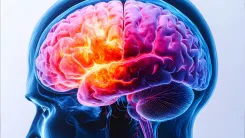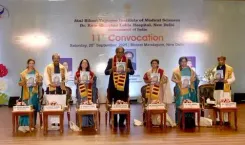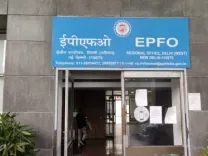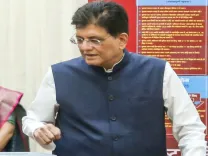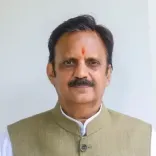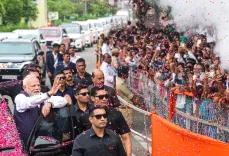How Are Nanotech, AI, and Robotics Transforming Healthcare and Space Exploration?
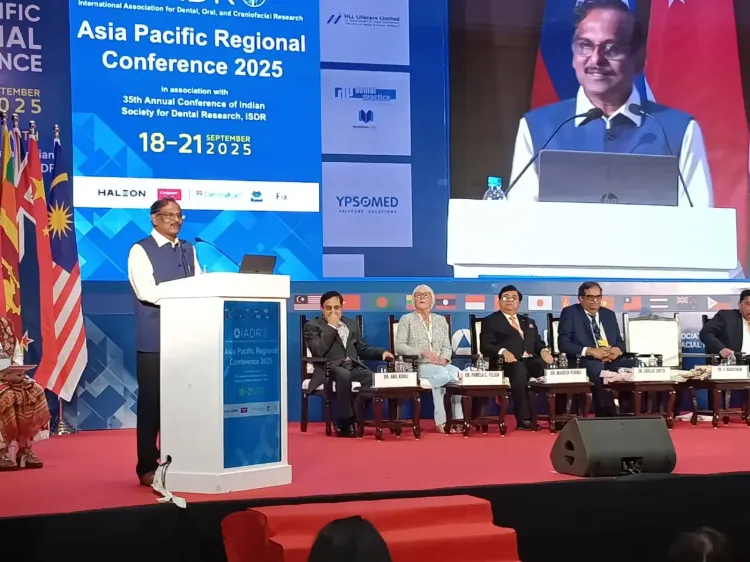
Synopsis
Key Takeaways
- Nanotechnology is revolutionizing healthcare.
- The synergy of AI and robotics is enhancing medical treatments.
- ISRO advocates for collaboration with medical institutions.
- India's literacy and health metrics are improving due to these advancements.
- Medical education must integrate research and communication skills.
New Delhi, Sep 20 (NationPress) Cutting-edge technologies like nanotechnology, Artificial Intelligence, and robotics are significantly influencing both healthcare and space exploration, according to ISRO chairman Dr. V. Narayanan.
While addressing the IADR Asia Pacific Regional & 35th ISDR Annual Conference 2025, he detailed ISRO’s progress in the realm of space.
Dr. Narayanan, who also serves as the Chairman of the Space Commission and Secretary of the Department of Space (ISRO), highlighted India's ascent on the global stage and the necessity for scientific convergence.
“India has firmly positioned itself on the global map. With Chandrayaan, we became the only nation to achieve a successful soft landing. Engineering and medicine must not exist in silos,” he stated.
“Advancements in nanotechnology, AI, and robotics are revolutionizing healthcare just as they are transforming space exploration,” he noted.
The esteemed cryogenic engineer and rocket scientist shared his passion for reading medical literature, advocating for collaboration between ISRO and medical institutions to foster innovation.
“My hobby has always been reading medical books, and I firmly believe that a partnership between ISRO and medical entities will enhance innovation,” Narayanan added.
He also praised the contributions of medical science in extending human lifespan.
“Today, India’s literacy rate stands at 79%, and the average healthy lifespan has improved due to advancements in medicine. We have made remarkable progress in all sectors,” he remarked.
During the event, Prof. Abhijat Sheth, Chairman of the National Medical Commission, stressed the importance of fortifying the foundations of medical education.
“Clinical research and communication are two crucial areas often neglected in medical training. They should be integrated into the core curriculum,” Sheth asserted.
“Introducing these elements early will help cultivate a culture of research, innovation, and discovery,” he concluded.
The three-day conference attracted over 600 delegates, including 150 international participants from 20 different countries.

